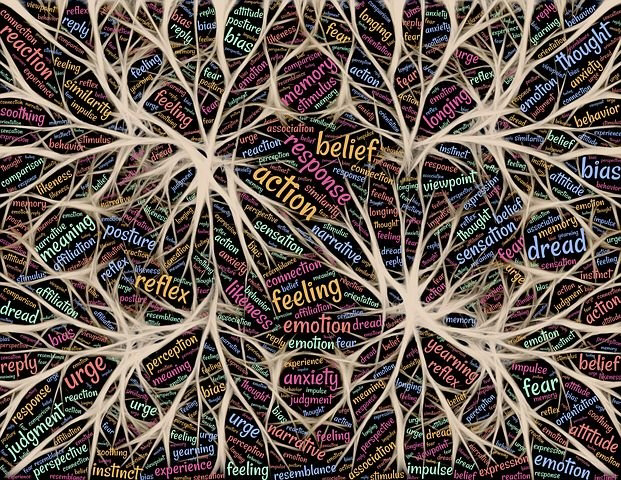Theory of Psychology
Psychology theoretical perspectives.
Psychology is the scientific study of the human mind and behavior. It encompasses a wide range of subfields, including cognitive psychology, social psychology, developmental psychology, clinical psychology, and many others.
One major theoretical framework in psychology is the behaviorist perspective, which emphasizes the role of environmental factors in shaping behavior. Behaviorists believe that all behavior can be understood as a response to stimuli in the environment and that learning occurs through a process of reinforcement and punishment.
Another important theoretical approach is the cognitive perspective, which focuses on mental processes such as perception, attention, memory, and reasoning. Cognitive psychologists believe that behavior can be understood in terms of how people think about and interpret their experiences.
The psychodynamic perspective, developed by Sigmund Freud, emphasizes the role of unconscious processes and early childhood experiences in shaping personality and behavior. Psychodynamic theory posits that behavior is driven by unconscious conflicts and that therapy involves bringing these conflicts to consciousness and resolving them.
Humanistic psychology emphasizes the importance of subjective experience and personal growth. Humanistic psychologists believe that people are fundamentally good and that behavior can be understood in terms of people's inherent drive to achieve their full potential.
In addition to these major theoretical perspectives, there are many other approaches to understanding human behavior, including evolutionary psychology, cultural psychology, and neuroscience.










No comments:
Post a Comment